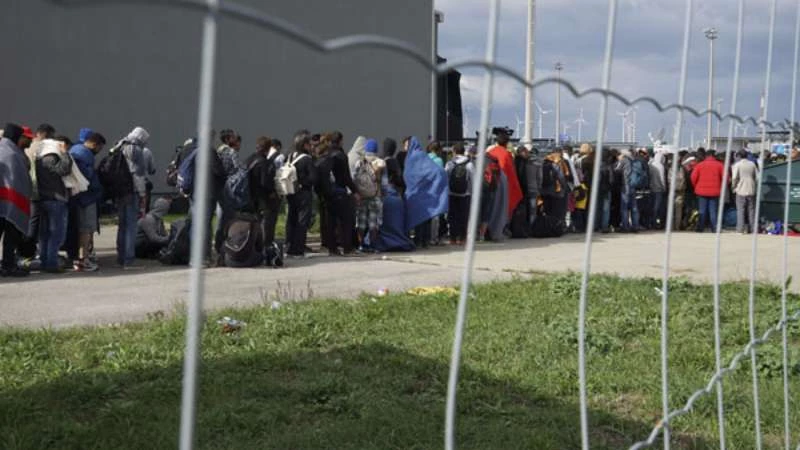On December 6, 2015, Marine Le Pen’s Front National scored an unprecedented victory in the first round of France’s regional elections. A month prior, an aggressive Law and Justice party was elected to form a conservative government in Poland. In the Czech Republic, the country’s populist President Miloš Zeman legitimized the hate-mongering Bloc Against Islam movement by attending its anti-refugee rally.
However, there are a few rays of light. Angela Merkel announced that Germany would accept almost a million asylum seekers by the end of 2015, and France—still reeling from the massacres in Paris—will keep its promise to resettle thirty thousand refugees over the next two years. There is nobility and justice in these assurances, but there is also doubt and diffidence—not because these decisions are mistakes (they are not), but because they do not represent, despite their rhetoric, a deeper, sustainable commitment. Nor do they capture with clarity and purpose a longer-term understanding of how such a policy would take shape as part of the European project and what it would mean for European society.
What is more, these ad hoc decisions seem to accept a confused and contradictory strategy, intending at once to deter future irregular migration and to secure access to asylum procedures for those who come.
Europe is not having a refugee crisis; refugees are having a ’Europe’ crisis.
Europe is caught between hesitant morality and conservative reaction, and it edges closer than ever to a return of nationalism. How did this come to be? And what does the struggle of refugees to live in Europe mean for the future of Europe itself? Despite the great risk, Europe’s response to the claims of refugees might still offer the continent’s greatest contemporary hope for a political push out of its malaise, for restoring its own sense of political freedom and identity.
Recasting the EU flag as a ring of wire enclosing an empty, indifferent center, Blu’s mural is a symbolic rendering of the European Union seen from the outside in. Blu’s image shows what is wrong about talk of a “refugee crisis.” This formulation missteps not only because it dehumanizes (human beings cannot themselves constitute a crisis any more than they can constitute a “flow”). The phrase also misapprehends reality; it reverses the true direction in which political responsibility runs.
For in truth, the crisis is one of Europe and its institutions, not of those fleeing hell. As Sam Kriss has noted, it is the “migrants
Limits of liberal morality
The political center’s approach to the resurgence of xenophobia has been in large part to ignore the political problem. It treats the refusal of refugees as a moral failing alone, shorn of both history and politics (of the history of colonialism and military intervention, and of the political crisis of European integration). As one commentator recently summed up, “it’s the morality, stupid!” But if the conservative cultural account says too much (if it distorts and reifies political identities), the moral discourse from the liberal center says too little (it lacks an adequate account of politics).
This liberal approach views refugees first as bodies in pain, vulnerable human beings in need of protection and care. Such a humanitarian perspective is necessary and right, but it is insufficient. For it does not look deeply enough into this suffering to perceive the politics that surround and shape it. And the liberal solution accordingly takes on the depoliticized mantle of charity alone. It obscures beneath sentimentalism the necessary mobilization of state institutions as a matter of justice.
In a deeper sociological sense, the millenarianism that refugees are fleeing is in part a violent response to the dislocations of late modernity—to the anomie and alienation faced by those whose social lives are undergoing rapid change, seemingly without sense or purpose and without political hope for the future. As Jürgen Habermas put it recently, “Jihadism is a thoroughly modern form of reaction to uprooted ways of life.” Fundamentalist ideology, then, is not some remnant of the past but rather a contemporary phenomenon deeply intertwined with a global neoliberal process Europe has rushed to embrace.
Paul Linden-Retek in Boston Review



التعليقات (0)